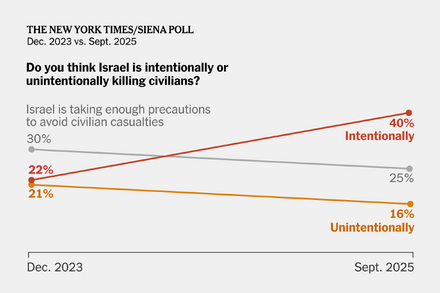
A wave of sophisticated cyberattacks has significantly disrupted critical sectors across Britain, leading to halts in car production and considerable challenges in grocery supply chains. The incidents have caused widespread concern, highlighting the vulnerability of modern infrastructure to digital threats and prompting calls for enhanced national cybersecurity measures.
Automotive Sector Grapples with Production Halts
One of the most prominent impacts has been felt in the automotive industry, where a major manufacturer, Jaguar Land Rover (JLR), has reported significant operational disturbances. The cyberattack has reportedly affected key IT systems, leading to disruptions in manufacturing processes, order fulfillment, and parts supply.
“We are working diligently to restore full functionality to all affected systems and minimize any further impact on our production schedules and supply chain,” stated a spokesperson for Jaguar Land Rover. “Our priority remains the security of our data and the continuity of our operations.”
Industry analysts suggest that such disruptions can have far-reaching economic consequences, not only for the affected companies but also for the broader supply network, including thousands of suppliers and dealerships.
Grocery Access Compromised by Cyber Incident
Simultaneously, the cyberattacks have also targeted essential grocery supply chains, leading to delays in deliveries and, in some instances, noticeable gaps on supermarket shelves. Several major retailers and logistics firms have reported experiencing IT system outages or data breaches, which have hampered their ability to process orders, manage inventory, and coordinate distribution.
Consumers across the country have reported difficulties in accessing certain products, particularly fresh produce and specific household staples, with social media becoming a platform for shared frustrations and observations of diminished stock levels.
“It’s frustrating when you go to your local supermarket and can’t find basic items you rely on,” commented Eleanor Vance, a resident of Manchester. “You start to worry about how long this disruption will last and what it means for everyday life.”
While specific details about the nature of the attacks on grocery networks remain under investigation, experts suggest that ransomware or data exfiltration attempts could be behind the operational paralysis.
Government and Expert Response
The British government has acknowledged the severity of the incidents, with cybersecurity agencies reportedly working closely with affected organizations to mitigate the damage and investigate the source of the attacks. Calls for increased investment in national cybersecurity infrastructure and greater collaboration between public and private sectors have intensified.
“These attacks underscore the persistent and evolving threat landscape we face,” said a representative from the National Cyber Security Centre (NCSC). “It is a stark reminder that resilience must be built into every layer of our critical national infrastructure, from manufacturing to food supply.”
Experts warn that the interconnectedness of modern supply chains means that a breach in one area can quickly cascade, leading to widespread disruption across seemingly unrelated sectors. The current situation in Britain serves as a critical case study in the broader implications of sophisticated cyber warfare or financially motivated cybercrime.
As investigations continue and companies work to recover, the incidents have undeniably unsettled daily life for many Britons, prompting a re-evaluation of digital vulnerabilities and the measures required to safeguard essential services.
Source: Read the original article here.





